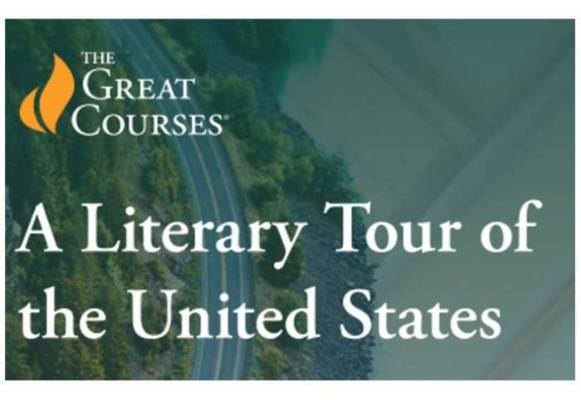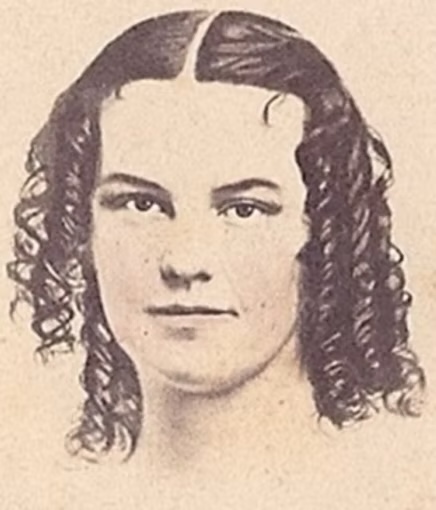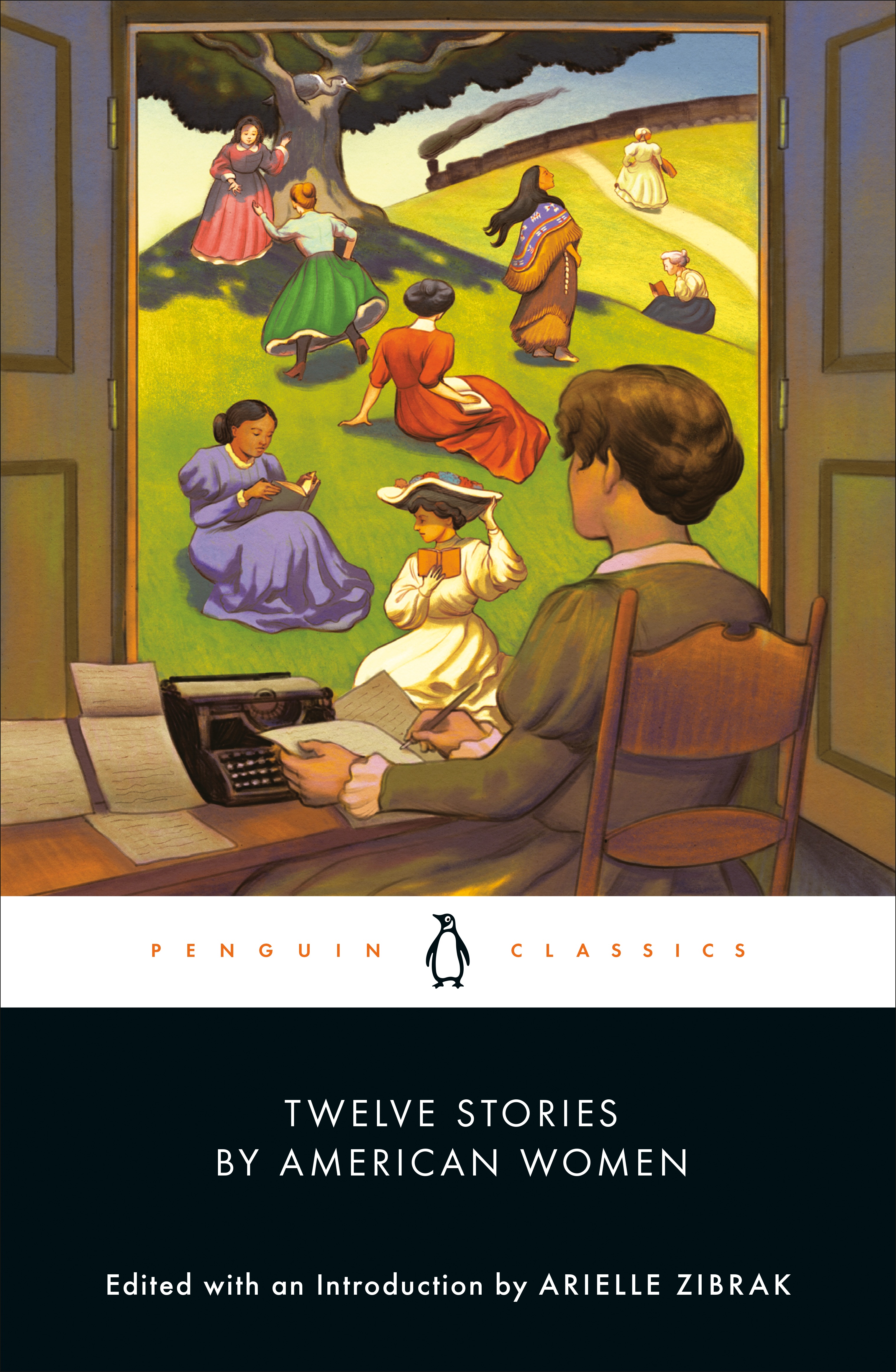Program Spotlight: Great Courses: A Literary Tour of the United States
In this 24-episode documentary series, Dr. Arielle Zibrak takes viewers on an epic excursion across America: from the wide expanse of the continental states to Alaska, Hawaii, and beyond, delving into the jewels of writing that distinguish our nation’s literature across three centuries. The series explores the literature from various regions of the United States and reflects a wide spectrum of the American experience, from the European settlers, immigrants, and urban elites to the lives of African Americans, Native Americans, Hispanic Americans, Asian Americans, and more.
The Great Courses documentary series is just one of many interrelated public humanities projects of Professor Zibrak’s that utilize the affordances of different media to explore 19th and 20th-century literature, gender, sexuality and popular culture including the digital Rebecca Davis Harding Archive and the edited collection Twelve Stories by American Women.
Program Spotlight: Re-Storying the West
Re-Storying the West, led by Associate Professor Nancy Small, sits at three overlapping knowledge-making traditions: Field Rhetorics, Oral History, and Indigenist Storywork Ethics. While much of Wyoming’s story is told through the “romance of the West,” “the dangerous adventure of the frontier,” and “the solace of wide-open spaces,” this story project asks: Who has the power and means to tell our stories? What stories count as valid? What stories survive over time?
Re-Storying the West seeks to amplify the untold Wyoming by gathering contemporary stories of everyday Wyomingites, from rural and city communities, from individuals of all stripes, backgrounds, and professions, and from voices we don't often hear through collaborative conversational interviews produced into sharable stories for public consumption.

Interested in Applying?
If you're interested in our English Ph.D. program, please note that applications are due on or before February 1.





